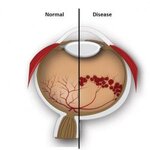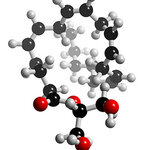
A new study from Bangladesh published online today in The Pediatric Infectious Disease Journal shows that routinely vaccinating infants against H. influenzae type b (Hib), a bacterium that causes deadly Hib pneumonia and meningitis, could save hundreds of thousands of children in Asia. Results showed that routine immunization of infants with a Hib conjugate vaccine prevented over one-third of life-threatening pneumonia cases and approximately 90% of Hib meningitis cases. A similar impact would be expected in other parts of the region.
Although countries in Asia with high mortality rates have…


